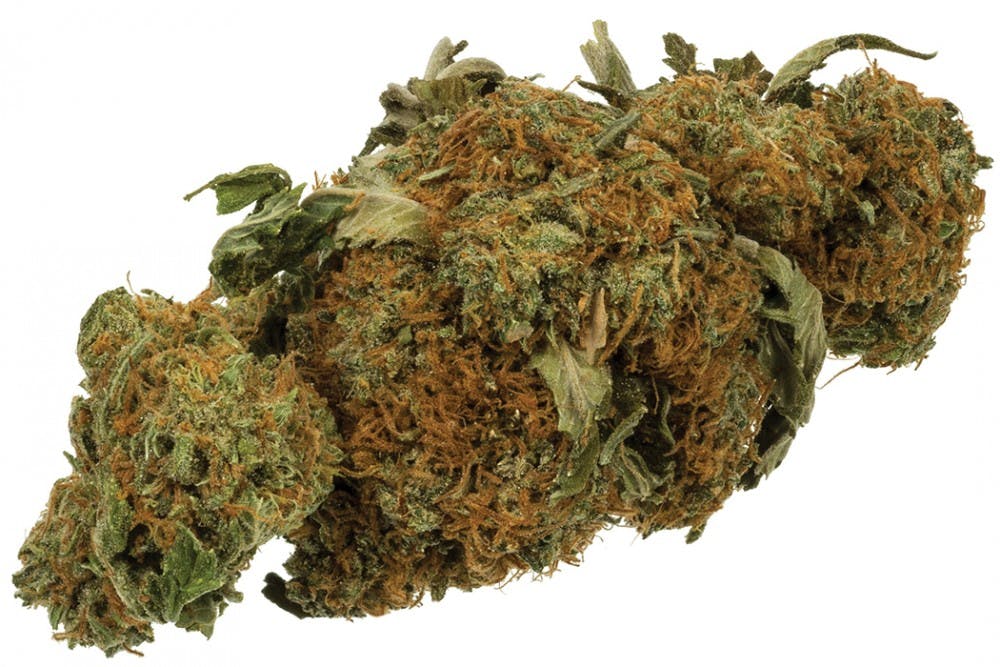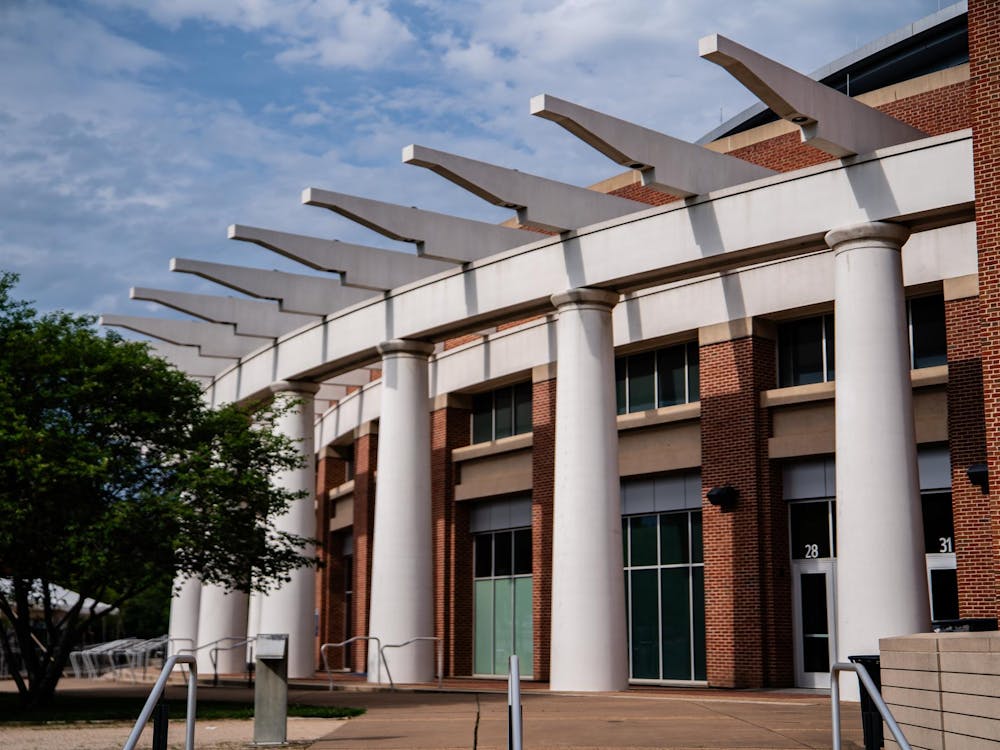A subcommittee of the Virginia House of Delegates voted to table a bill Feb. 15 aiming to give more patients an “affirmative defense” for the possession of medical marijuana oils.
Senate Bill 1298, which was introduced by Sen. Jill Vogel (R-Winchester) last month, would have enabled patients with diseases such as cancer, Crohn’s disease, glaucoma, HIV, AIDS, hepatitis C and multiple sclerosis to possess cannabidiol oil or THC-A oil with written approval from a physician.
The proposed bill listed a total of 12 diseases that would be covered by the “affirmative defense.” Currently in Virginia, only patients with intractable epilepsy are protected by affirmative defense against the possession of medical marijuana oils.
The bill passed the Virginia State Senate last month with a vote of 29-11, but the House of Delegates Criminal Law Subcommittee voted for a motion to table the bill by a voice vote.
Del. Rob Bell (R-Albemarle), chair of the subcommittee on criminal law, said the bill will not be revisited during this legislative session. Bell voted against a motion to table the bill.
“I was prepared to vote for some expansion on the bill, but a motion to table means we will not work on it anymore,” Bell said. “[There is] nothing to stop it from coming back next year.”
Although it was tabled, Bell said the Joint Commission on Health Care will review the bill and come back to the subcommittee with recommendations. The Joint Commission is a year-round body that specializes in healthcare legislation.
“Everyone — even the people who voted for the motion to table and the people who voted against the motion to table — wanted some guidance from the Joint Commission,” Bell said. “We can handle the legal side, but the medical side is not our focus.”
Bell also said he has asked researchers at the University to review the medical evidence of using marijuana oils for medicinal purposes.
“We have reached out to U.Va. take a look at the research to help us understand,” Bell said. “We are mostly lawyers and we’re trying to read medical journals.”
Under federal law, marijuana is a considered a Schedule I Controlled Substance, along with drugs such as heroin, LSD and ecstasy. According to the Drug Enforcement Agency, Schedule I drugs are likely to be abused and are not authorized for medical treatment.
Bell said because marijuana is a scheduled substance, there are limitations on its research in the U.S.
“There is currently discussion in Washington, D.C. about rescheduling marijuana,” Bell said. “Right now it cannot be studied and there are significant limitations.”
Although possession of marijuana is illegal under federal and state law, there are current studies being conducted to determine whether oil extraction from marijuana can be used to treat some diseases such as epilepsy. Neurology Prof. Nathan Fountain, the Director of the FE Dreifuss Comprehensive Epilepsy Program, said one such study is focusing on the use of extracted cannabidiol oil in the treatment of epilepsy.
“The preliminary results from studies have so far suggested that it is likely to be effective but we won’t know until the final results are available,” Fountain said in an email to The Cavalier Daily. “The other main ingredient in home-grown or other types of marijuana is tetrahydrocannabinol (THC) which is not known to be effective for seizures and is the part responsible for the euphoric effects (‘high’) associated with recreational marijuana use.”
Fountain said the CBD oil does not have any psychoactive effect.
Some studies have also shown marijuana can reduce some symptoms in patients with glaucoma. Dr. Peter Netland, chair of the University Department of Ophthalmology and president of the Albemarle County Medical Society, said many physicians and patients are hopeful about the use of medicinal marijuana.
“The epilepsy group was the most clear beneficiary of this approach, but there are implications for other groups too,” Netland said. “Cancer patients advocated for medical marijuana because of nausea and pain. Glaucoma patients advocated for medical marijuana because it has been found to lower the intraocular pressure, which is what causes the damage to the eyes in glaucoma.”
Netland said many clinicians support the use of marijuana because of its “known medical implications,” and are hoping to refine how it may be used in patient care.
“I think that most clinicians that take care of glaucoma patients recognize the potential benefit,” Netland said. “How to use that clinically is something we don’t yet understand.”







